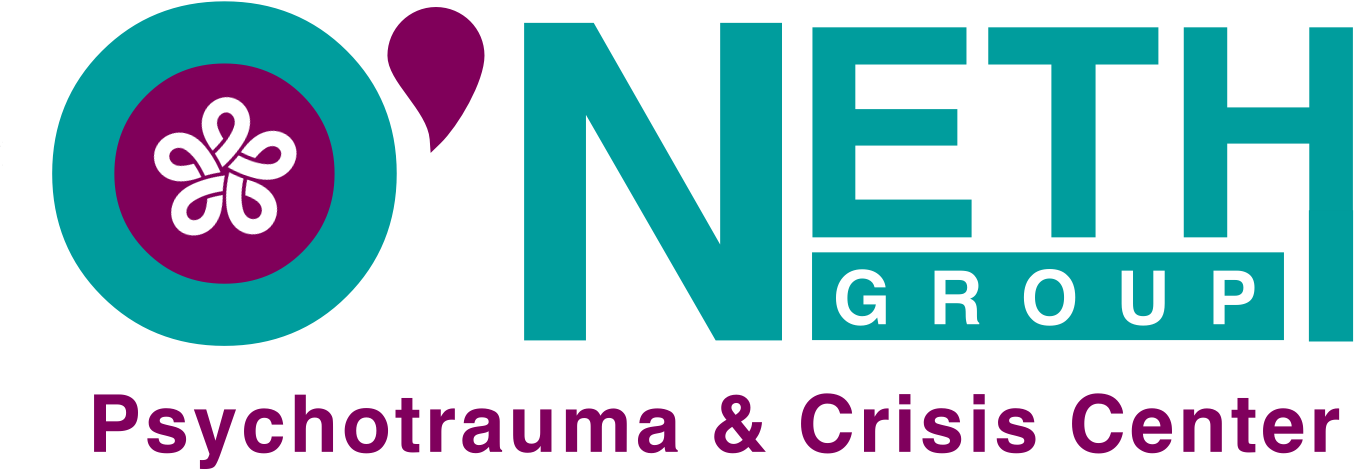Posttraumatic stress disorder (PTSD) is a complex psychiatric disorder that significantly impacts the lives of millions worldwide. Characterized by intrusive thoughts, avoidance behaviors, and hyperarousal, PTSD can severely diminish an individual’s quality of life. While psychotherapy often serves as the first line of treatment, pharmacological interventions play a crucial role in managing symptoms and improving overall outcomes.
Neurobiology of PTSD
To effectively address PTSD, it’s essential to understand its underlying neurobiology. PTSD is linked to alterations in the brain’s stress response system, particularly the hypothalamic-pituitary-adrenal (HPA) axis. The HPA axis regulates the body’s stress response, and its dysregulation contributes to PTSD development.
Furthermore, PTSD is associated with imbalances in neurotransmitter systems, including serotonin and dopamine. These imbalances can lead to symptoms like anxiety, depression, and hyperarousal.
Selective Serotonin Reuptake Inhibitors (SSRIs): A First-Line Treatment
Selective serotonin reuptake inhibitors (SSRIs) have become the preferred first-line treatment for PTSD. Medications like fluoxetine, sertraline, and paroxetine consistently reduce PTSD symptoms by increasing serotonin levels in the brain. This increase helps alleviate anxiety and depression.
SSRI benefits include:
- Reduced anxiety and depression: SSRIs effectively mitigate these symptoms.
- Improved sleep: SSRIs can enhance sleep quality.
- Reduced hyperarousal: SSRIs alleviate symptoms like exaggerated startle response and difficulty concentrating.
Additional Effective Pharmacological Treatments
Beyond SSRIs, other medications have proven effective in treating PTSD:
- Tricyclic antidepressants (TCAs): Medications like imipramine and amitriptyline can reduce PTSD symptoms.
- Monoamine oxidase inhibitors (MAOIs): Phenelzine and other MAOIs can effectively treat PTSD.
- Mood stabilizers: Valproate and carbamazepine can reduce PTSD symptoms, especially in patients with comorbid mood disorders.
- Atypical neuroleptics: Risperidone and olanzapine can be beneficial for PTSD, particularly in patients with comorbid psychotic disorders.
- Adrenergic agents: Clonidine and propranolol can reduce PTSD symptoms, especially in patients with comorbid anxiety disorders.
Future Directions and Personalized Medicine
While substantial progress has been made in pharmacological PTSD treatment, further research is needed to optimize outcomes. Future studies should focus on identifying the most effective treatments for specific patient subgroups, such as those with comorbid conditions. Additionally, elucidating the neurobiological mechanisms underlying PTSD will help identify novel therapeutic targets.
Personalized medicine offers a promising approach to PTSD treatment. By tailoring treatment to individual patient needs based on genetic and environmental factors, clinicians can maximize efficacy and minimize side effects.
Conclusion
Pharmacological interventions play a vital role in managing PTSD. SSRIs are the preferred first-line treatment, but other medications can also be effective. Continued research is crucial to improve treatment outcomes and identify novel therapeutic targets. Personalized medicine holds significant promise for the future of PTSD treatment, enabling clinicians to provide tailored care to individual patients.

